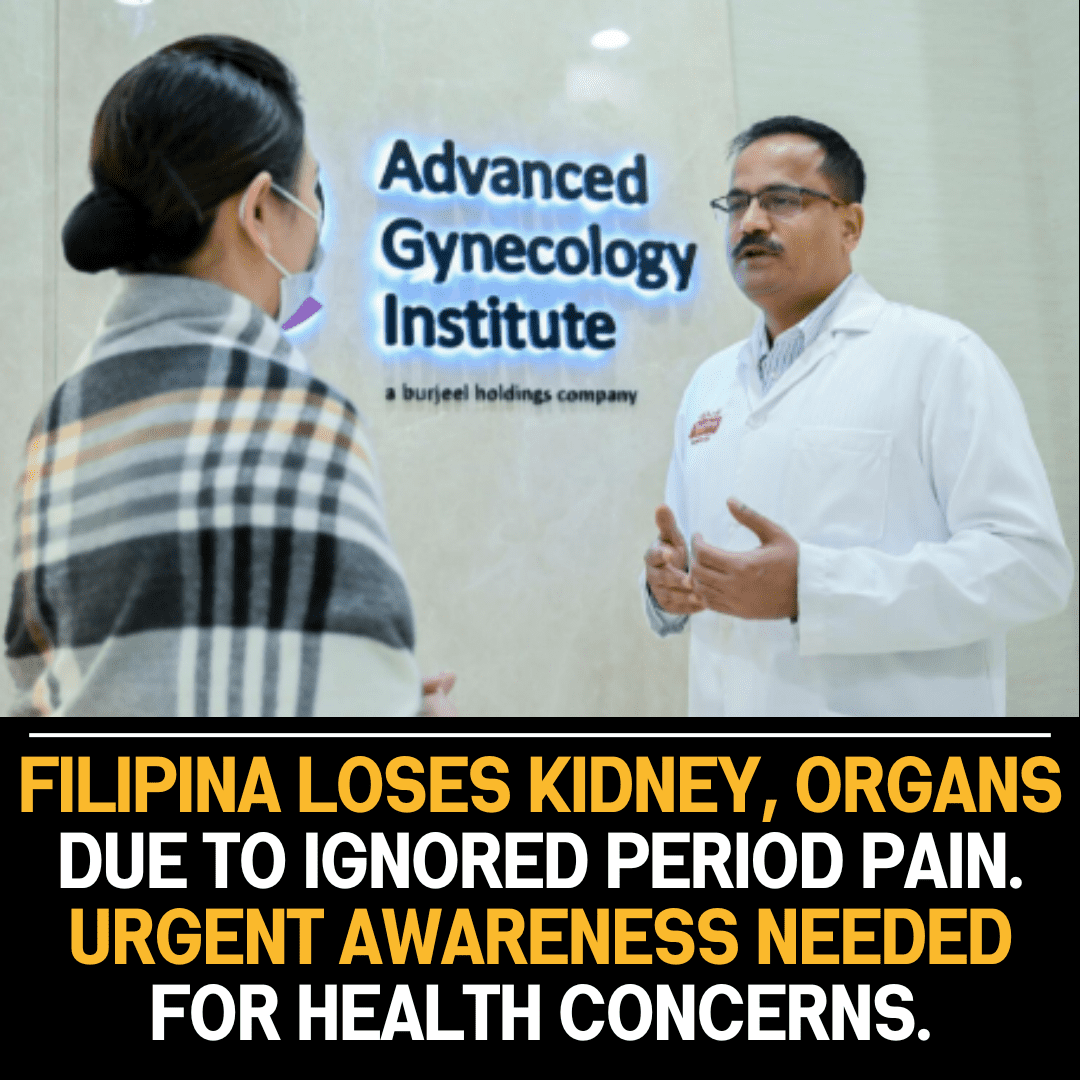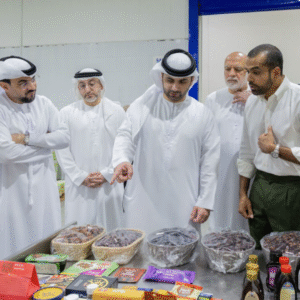In a tragic incident, a Filipina expatriate residing in the United Arab Emirates (UAE) has lost a kidney and other organs, underscoring the critical importance of raising awareness about health concerns, especially among women. The heartbreaking story serves as a poignant reminder of the need for timely medical attention and proactive health education.
The ordeal began with the Filipina expat experiencing persistent period pain, a symptom that, unfortunately, went unaddressed. As the discomfort persisted, the underlying medical issue escalated, leading to severe consequences. The incident sheds light on the potential risks associated with neglecting seemingly common health complaints, emphasizing the necessity for individuals, particularly women, to prioritize their well-being.
Women’s health, often surrounded by societal taboos and stigma, requires focused attention and open discourse. The Filipina expat’s case highlights the significance of dismantling barriers that prevent individuals from seeking medical assistance promptly. Education on menstrual health and related concerns is paramount, empowering women to recognize when to seek professional advice and when symptoms may indicate a more serious underlying condition.
The UAE, with its diverse expatriate population, faces the challenge of ensuring that healthcare awareness is accessible to all communities. The incident serves as a call to action for healthcare providers, community leaders, and individuals to collaborate in creating initiatives that promote health education and encourage regular check-ups, particularly for conditions that disproportionately affect women.
Beyond addressing the specific incident, there is a broader need for awareness campaigns and educational programs that empower individuals to prioritize their health. Cultural norms and societal expectations should not hinder open discussions about health issues, enabling individuals to make informed decisions about seeking medical assistance and preventive care.
The Filipina expat’s story also highlights the importance of regular health check-ups and screenings. Routine medical examinations can aid in the early detection of potential health concerns, preventing them from escalating into more severe conditions. Establishing a culture of proactive healthcare can significantly contribute to overall well-being and reduce the incidence of preventable health issues.
In conclusion, the unfortunate incident involving the Filipina expat in the UAE losing organs due to ignored period pain serves as a stark reminder of the urgent need for health awareness, particularly among women. It is imperative to break societal taboos, encourage open discussions about women’s health, and promote initiatives that empower individuals to prioritize their well-being. By fostering a culture of proactive healthcare, we can work towards preventing similar tragedies and ensuring the overall health and vitality of communities.









